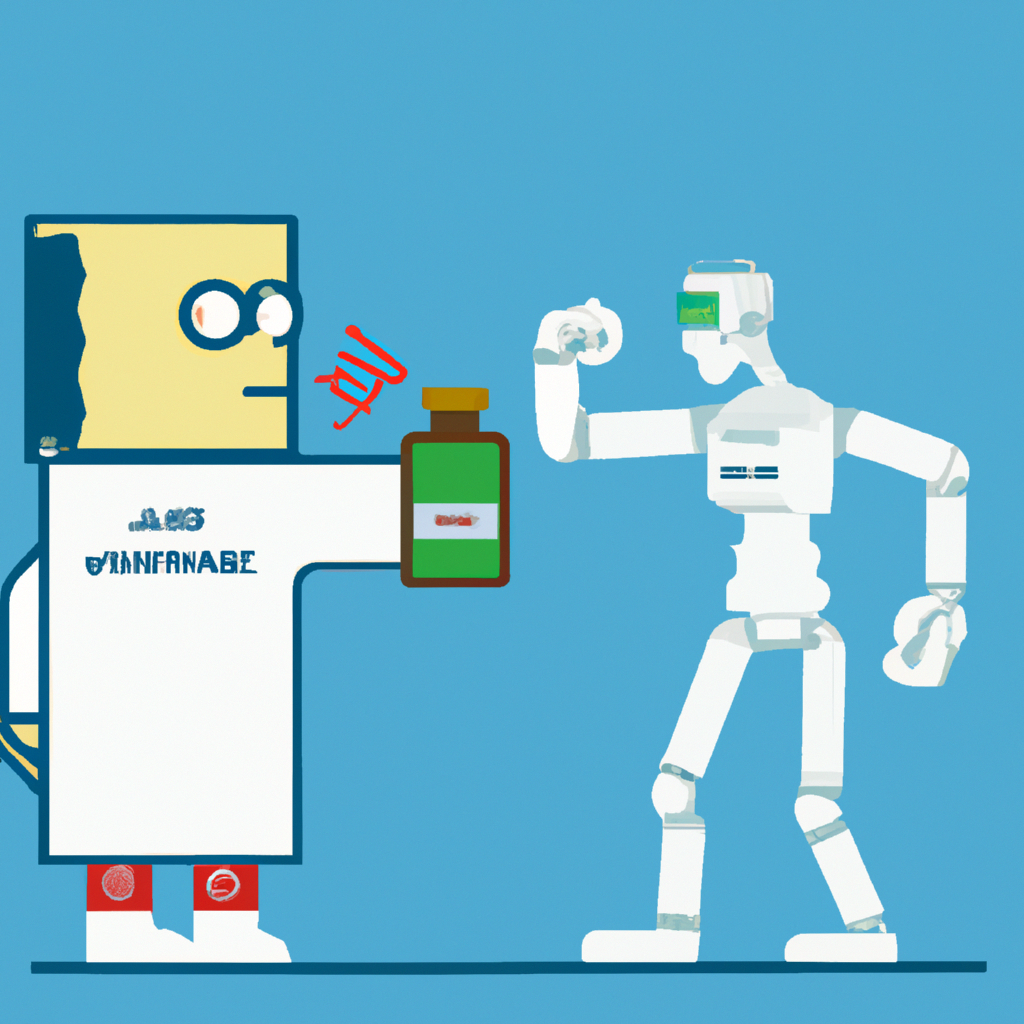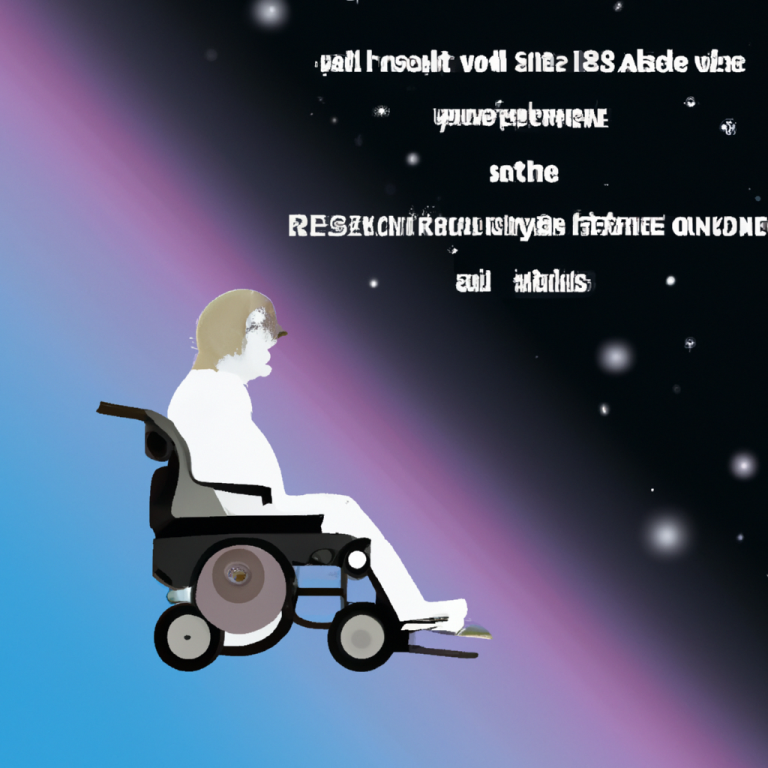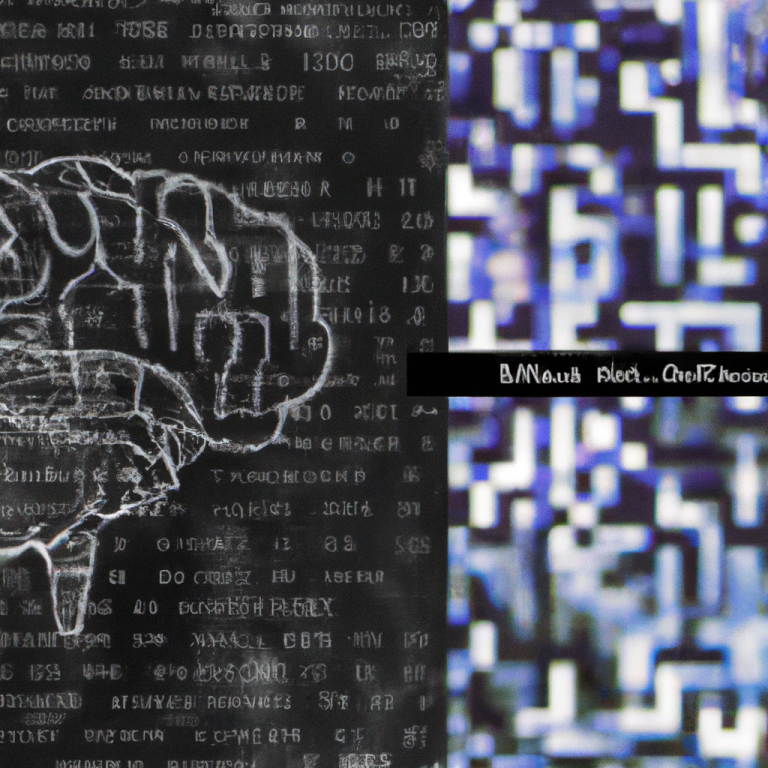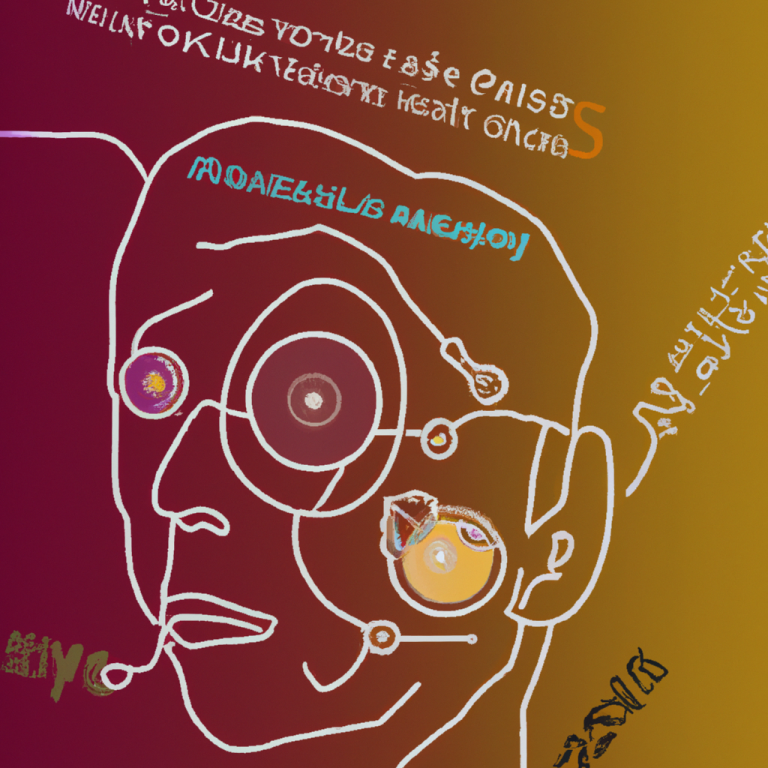Artificial Intelligence (AI) is a rapidly emerging technology that is rapidly impacting various industries, including the field of pharmacy. The rise of AI technology has led to debates on whether AI has the potential to replace pharmacists. However, while AI may complement the work of pharmacists, it is unlikely that technology will replace them completely.
Pharmacists are essential healthcare professionals who play a critical role in ensuring patient safety and providing quality patient care. They are responsible for verifying prescriptions, dispensing medication, and providing counsel to patients. Pharmacists also play a vital role in drug management, ensuring that patients receive the correct dosage and that they do not experience negative side effects.
While AI can assist with several pharmacy-related activities, it cannot replace the human touch of a pharmacist. Pharmacists play a significant role in patient counseling, educating patients about medication usage, interactions, and potential side effects. For example, AI may be able to provide basic information about medication, but it cannot replace the expertise of a pharmacist, who can identify potential drug interactions and provide essential information such as a patient’s contraindication.
Pharmacists can use AI technology to supplement their work, allowing them to focus on higher-level activities that require human interaction and judgment. For instance, AI can assist pharmacists by identifying potential drug interactions, dosages adjustments or contraindication faster than one can manually review patient records. Pharmacists can focus on reviewing these findings and providing patients with recommendations for therapy.
In conclusion, the healthcare industry is in a constant state of evolution, and the rise of AI technology is inevitable. However, the pharmacy industry still requires a human touch whose quality of care is irreplaceable, and that is why pharmacists will always play a vital role. AI may supplement their work, and pharmacists can leverage technology to improve patient care while providing an unparalleled human touch.



